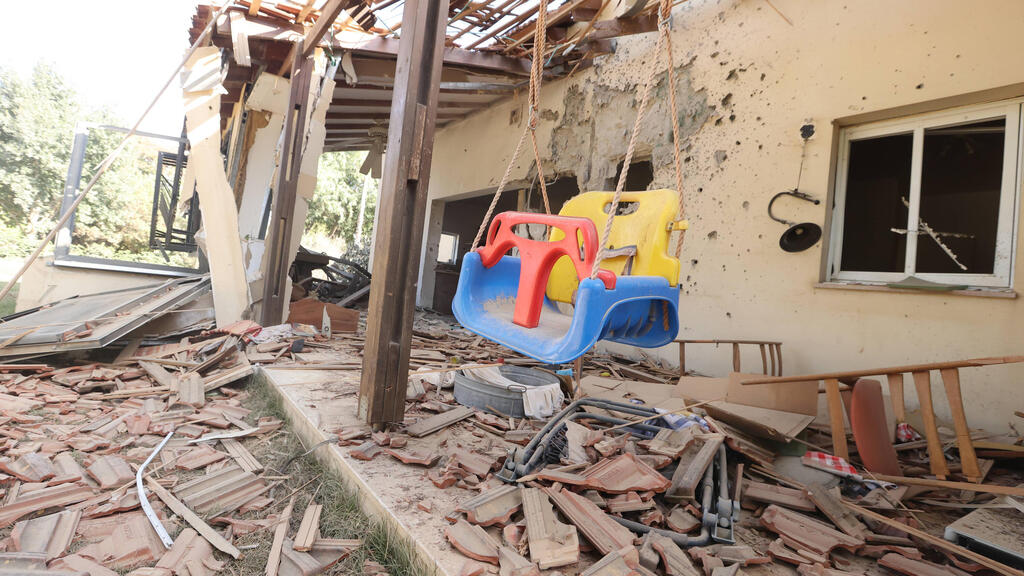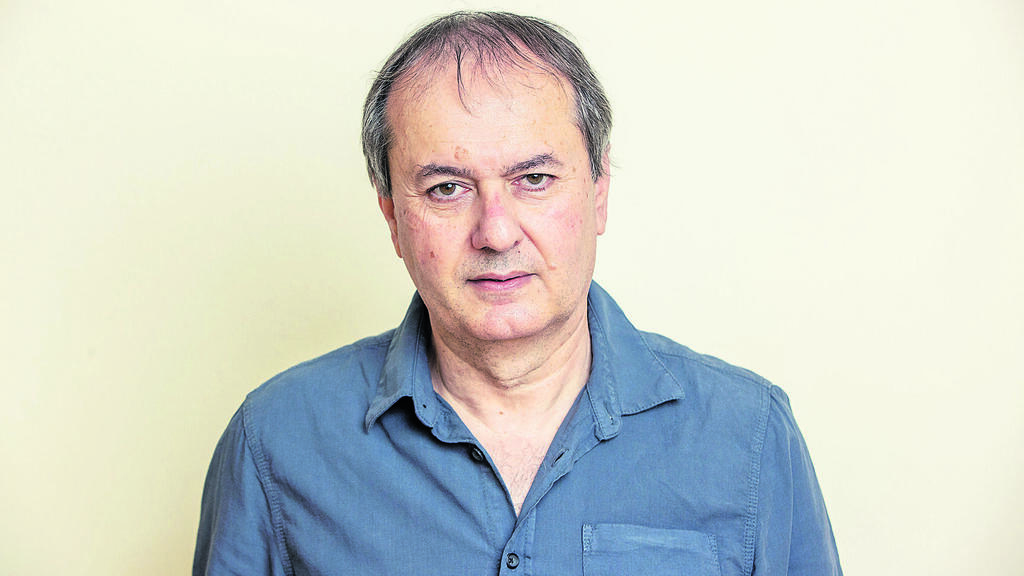The horrors of the morning of October 7 affected everyone in Israel. In an instant, we went from celebrating a Jewish holiday to fighting a war. Concern, fear, and anger led to Israelis everywhere wanting to volunteer.
More stories:
The anxiety we all felt and continue to feel is a natural response. It’s a mechanism that mediates between the danger the brain experiences, and a physical response that prepares us for fight or flight. Anxiety is a good response that protects us, but when it becomes extreme, it can lead to functional avoidance and prolonged apathy instead of passing naturally.
Residents of communities near the Gaza borders, participants at the Re’im music festival, and IDF soldiers who had seen the horrors firsthand - all developed acute stress disorder, whose symptoms include shock, automatic behavior, feelings of detachment, disquiet, or avoidance, along with negative and pessimistic thinking.
The anxiety experienced as a part of this could be life-threatening for anyone going through it. The initial response is strong and diminishes within a few days to weeks. It’s essential to remember that this is an expression of distress, and in most cases, it does not constitute a disorder. Only a small percentage of cases may develop further into post-traumatic disorder. The goal of any preventive and therapeutic treatment is to prevent the development of such a disorder and to treat it.
Not everyone who experiences trauma will develop an acute stress disorder, and not everyone with an acute stress disorder will develop post-traumatic disorder. It’s estimated that only around 10% of individuals with acute stress disorder will develop post-traumatic disorder.
Collective anxiety leads many of us to take action: volunteering, gathering resources and efforts to care for victims, and attending to the needs of bereaved families and soldiers. Sometimes we try to motivate others to take action because we feel powerless in the face of these horrors. These events also make us think that anyone who experienced them needs professional psychological help. This is an intuitive thought but it’s not necessarily correct.
Dealing with trauma depends on resilience, both individual and national. Resilience is the ability to experience stress, cope with it, and eliminate its effects. Personal resilience includes various support systems and an individual's trust in their abilities, which rely on personal experiences and past events. National resilience involves trust in the systems designed to protect and care for us.
Risk factors that contribute to trauma include prior trauma, accompanying psychiatric disorders, and the absence of a proper support system. Event-specific risk factors include the severity of the trauma, physical injury, loss of loved ones, and the incomprehensible nature of the trauma itself.
After the trauma, things that will impact the individual negatively include the loss of loved ones, loss of resources, diminished abilities, a critical and hostile environment, continued exposure to trauma, and a lack of routine. These factors lead to problematic situations, a sense that the world is a dangerous and unsafe place, and a feeling of helplessness and inadequacy.
The therapeutic approach derived from these factors, emphasizing the shift from a sense of isolation to a sense of togetherness and belonging, from helplessness to a sense of competency, from emotional upheaval to expression of thoughts, and from confusion to closure about the incident.
Referring someone for treatment sends the opposite message. Instead of empathy and support, it offers the individual a stranger. Rather than enabling activities, the person is labeled as vulnerable or sick. Such treatment is nothing more than a momentary relief.
Treatments of this kind have been shown to increase the risk of developing post-traumatic stress, just like the use of alcohol or cannabis. We don't need to stifle the emotion but rather confront it with our ability to take action and communicate.
In a situation where a normal reaction to an abnormal situation is needed, an individual should be supported by a group of friends, colleagues, or other companions, while being overseen by their commander or certified professional.
- Dr. Zvi Fishel is a psychiatrist and former head of the Israel Psychiatric Association.





